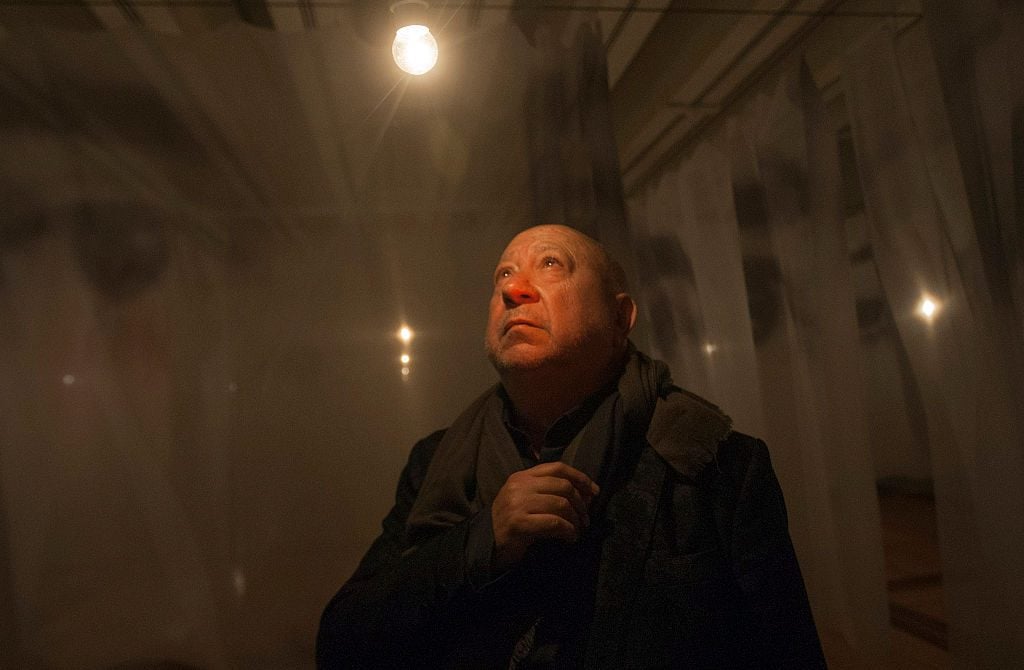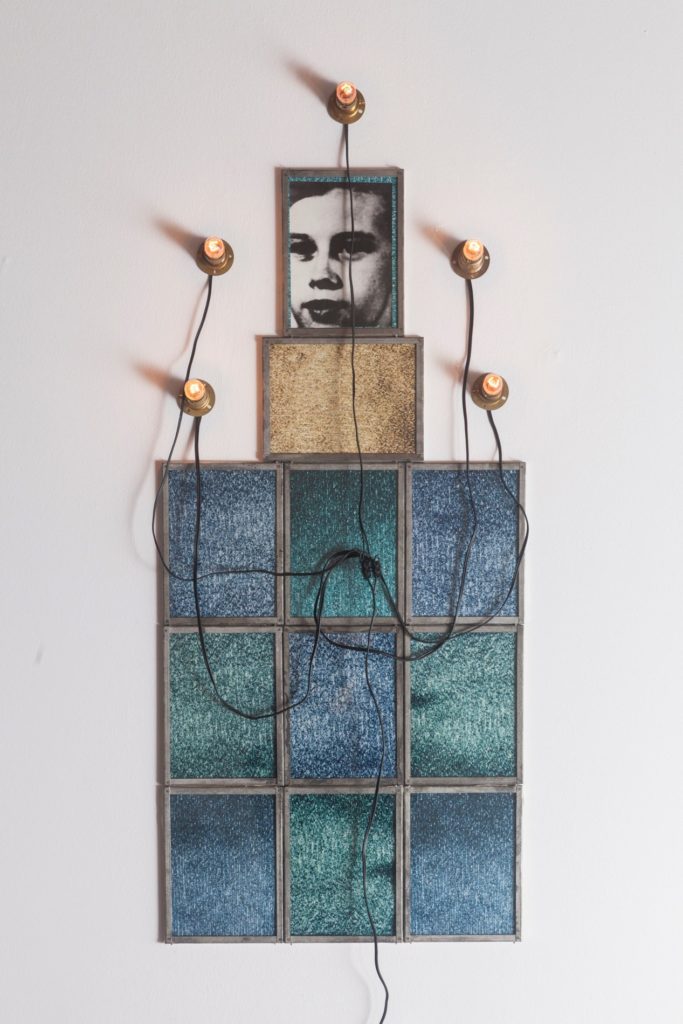People
French Artist Christian Boltanski, Whose Personal Life Informed His Explorations of Memory and Mortality, Has Died at 76
A self-trained artist, Boltanski was known for his installations and sculptures made from found objects.

A self-trained artist, Boltanski was known for his installations and sculptures made from found objects.

Taylor Dafoe

Christian Boltanski, the French artist known for transforming found objects into artworks that explore collective memory and trauma, died today in Paris. He was 76 years old.
The news was confirmed by Boltanski’s longtime gallery, Marian Goodman. The gallery did not disclose the cause of death.
“Since 1987, the gallery has been committed to supporting Christian in every endeavor,” the gallery said in a statement. “Our deepest sympathies go to his family and friends.”
The representative added that the gallery will soon share news “regarding a celebration of Boltanski’s life and legacy.”
Boltanski was born on September 6, 1944, in Paris, shortly after the capital city had been liberated from the Nazis. His father, a Jewish doctor, survived the German occupation by hiding underneath the floor of the family apartment for a year and a half. Stories of the experience would loom large in Boltanski’s art throughout his six-decade career.
A self-trained artist, Boltanski left school around age 12. His early output was primarily in painting, but by the time of his first solo exhibition in 1968, he had largely given up the medium in favor of photography, sculpture, and conceptual installations.
A year later he published his first book: Research and presentation of all that remains of my childhood, 1944–1950, which found the artist trying to recreate his earliest years through memories and various objects.
Much of his gallery work in the following decades followed from there, using ephemeral items like family photographs and used clothes as avatars for the imagined person that originally owned them.
Often these efforts took the form of installations that contemplated absence and presence, memory and mortality, and the passing of time.

Christian Boltanski, Monument (1986). Courtesy of Kewenig Galerie.
An institutional staple throughout his career, Boltanski was included in Documenta in 1972 and 1977, and in the Venice Biennale in 1975, 1980, 1993, 1995, 2011, and 2015.
He had solo shows at the Centre Pompidou in Paris (2019); the Park Avenue Armory in New York (2010); the Museum of Fine Arts, Boston (2000); the Museum of Contemporary Art, Los Angeles (1988); and the Centre d’Art Contemporain in Geneva (1975), among many other institutions.
When asked for a comment, art dealer Marian Goodman simply offered a quote from the artist.
“Christian said it best: ‘You are my sister, and you know everything about me. Not only about my art but about my life, what I wanted to do in my life, about my love, about everything.'”